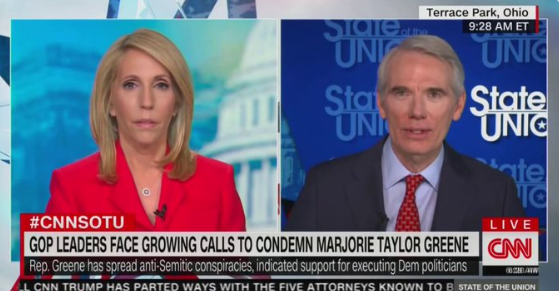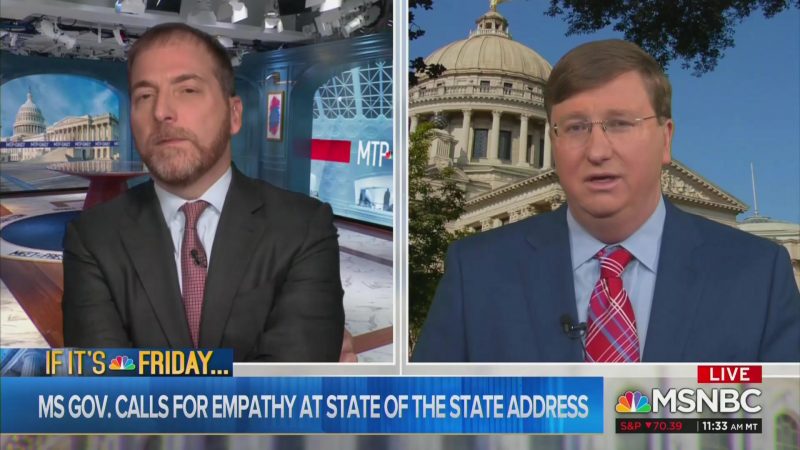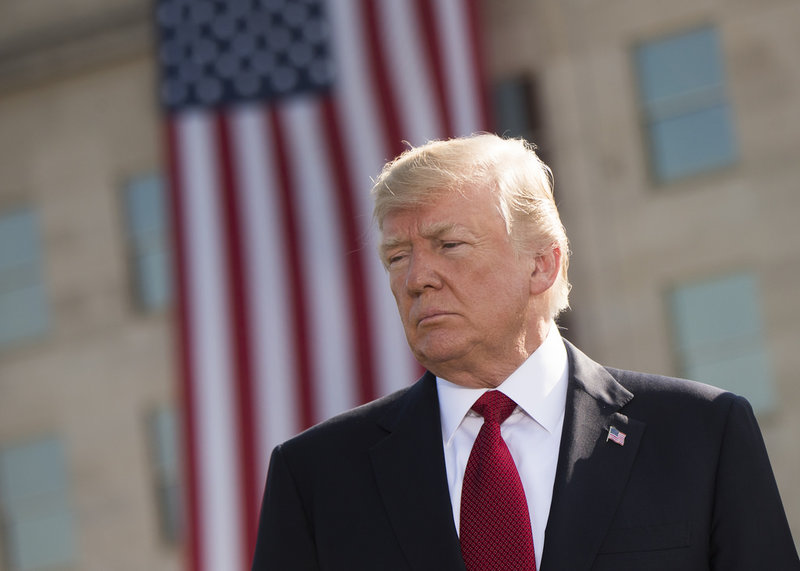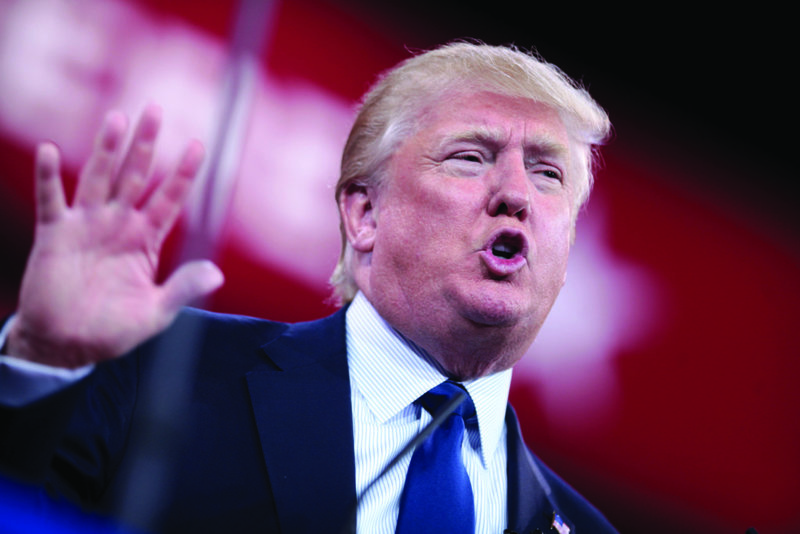Is 2016 The Year Of The Convention Floor Nomination Scramble?
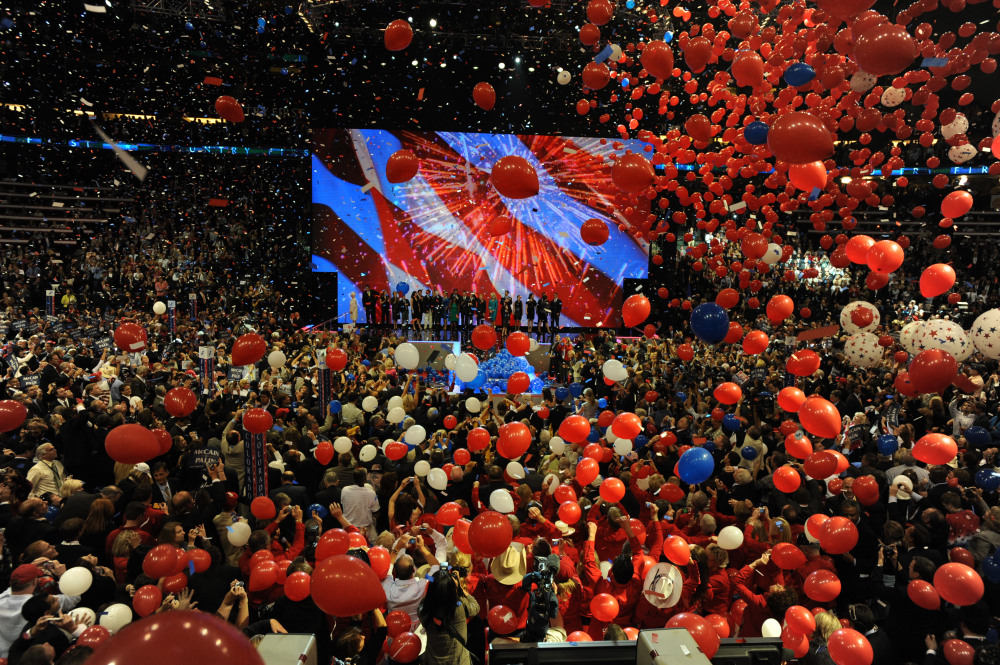
Will the 2016 Election be one of national convention floor scrambling to nominate each party’s presidential nominee? It is a rare occurrence, with the Democratic Convention of 1972 being the last time it happened, but nothing is static or routine in American politics.
The Republican Party’s field of candidates, as the largest field of candidates in American history, is certainly capable of becoming a convention circus, and, because many of the candidates have committed billionaires backing them up, many Republican presidential hopefuls will be able to stay in the race much longer than their low poll numbers would historically suggest.
But with speculation that Vice-President Joe Biden might enter the election fray, will Democrats have a crowded, drawn-out field now, too? Even though Biden has not committed to running (at least not yet), in Iowa polls the mere idea of him announcing his candidacy has launched him somewhere between 10 and 20% into third place behind Bernie Sanders and Hillary Clinton, and in front of Martin O’Malley, Jim Webb and Lincoln Chafee.
There is no doubt that an expanded field would call for more debate within the Democratic Party, and that could only help the Democratic field’s lesser known candidates gain the media exposure that they currently lack while the race remains a dichotomous battle between Sanders and Clinton. A crowded field could also help justify losing Democratic candidates staying in the race in case a major scandal or political upset plagues the campaign of a more winning campaign.
For much of our electoral history candidates would stay in the race officially until the national conventions, but since the 1970’s the nominating process has favored the relatively early-exit primary system that we see in most states today. With individual primaries nominating candidates state by state, presidential campaigns have gotten dramatically longer in order to prepare and coordinate competitive strategies for separate and localized, inter-state elections.
This has made the nominating process more democratic, versus the old caucus system, that some states continue to use, which can allow party elites to do what they want regardless of the state’s democratic sentiments. The primary system also implies that candidates who do not fare well in early primaries should read the tea leaves that they should drop out of the race, well before their party’s convention.
Keyword: “should”. It is not likely that either party’s eventual nominee is going to have an easy time winning the nomination.
Image via USA Today

